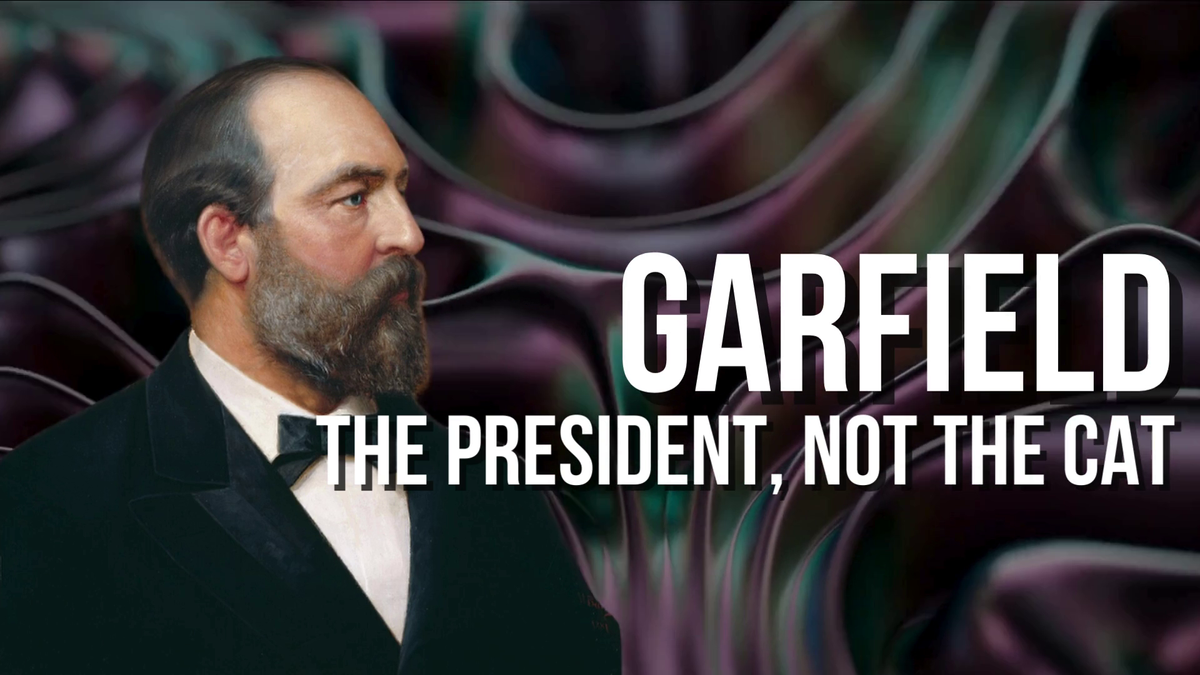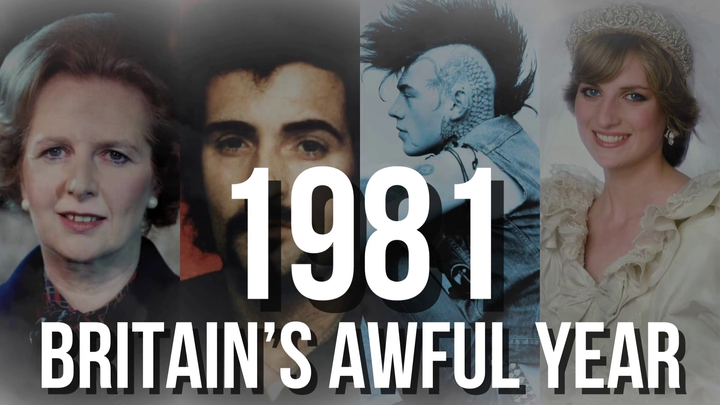Behind the scenes: Garfield, the President, not the cat.
There's so much more to learn about the 20th President than just the story of his assassination. That's what I hope my video conveys.

Today is release day for my newest deep dive video on YouTube. "Garfield: The President, Not the Cat" is a return to U.S. Presidential history, and kindred to two previous videos I did during 2023, one involving the life of Franklin Pierce, the troubled 14th President, and the other covering the highly unusual Presidential election of 1872. It's just up today, so there's no telling yet how it will do, but Presidential topics often do well on history YouTube so I hope it will reach a lot of people. I deliberately chose a subject that's somewhat obscure: the life and extremely truncated Presidency of James Abram Garfield, who was elected as the ultimate dark horse candidate in 1880 and then spent only 120 functional days on the job before he was shot, in the waiting room of a Washington train station, by a deranged and insane office seeker, Charles J. Guiteau. Garfield lingered on in agony for 80 more days, finally perishing on September 19, 1881. If they know anything at all about James Garfield, this tends to be what most Americans know. I hope my video fills in some gaps in people's knowledge.
The functional idea of the Garfield video is that there is so much more to learn about this historical figure than the circumstances of his assassination and eventual death. Taking a deep dive into Garfield's life and political career necessarily means immersing yourself in the complex and sometimes vituperative politics of the post-Civil War and Gilded Age in America, where most political power was concentrated in the hands of well-dressed, wealthy and imperious white men with enormous mustaches and colossal, easily-bruised egos. While Garfield himself undoubtedly played in this arena, he was not independently wealthy, considered himself more honest than most 1870s political men, and had streaks of intellectualism and humility that were unusual among the American political class at that time. He's a fascinating personality and I'm very glad I got to profile him in the kind of style I prefer for my YouTube historical pieces.
Garfield's nomination and election to the Presidency were about as unlikely as you could get. Garfield was a career politician, and by 1880 he'd spent 18 years in the U.S. House of Representatives, but he was not one of the craven, ambitious strivers of the 19th century – think James Buchanan – who spent decades trying to work their way up to the White House. Garfield's Presidential ambitions were embryonic in 1880, but one political skill he did have was placing himself in the right place at the right time to be the beneficiary of remarkable political windfalls, if they were in the offing. The 1880 Republican National Convention offered such a windfall. A brutal political fight between the two factions into which the party had split – the "Stalwarts" and the "Half-Breeds" – led to a deadlock in balloting. Garfield was hot at the convention because of a speech he made defending three delegates, out of over 700, who had taken an unpopular stance in a previous vote. He was somewhat bewildered to be nominated at all, and then thrust into a national political campaign that he had done no planning for and had no idea how to run. That he emerged victorious at the polls in November – just barely – is a pretty amazing and unlikely story.


